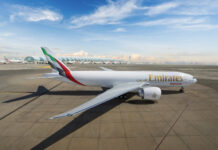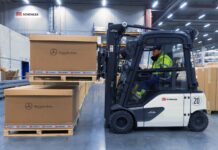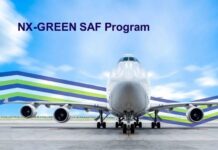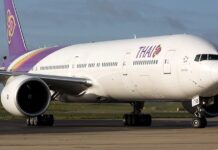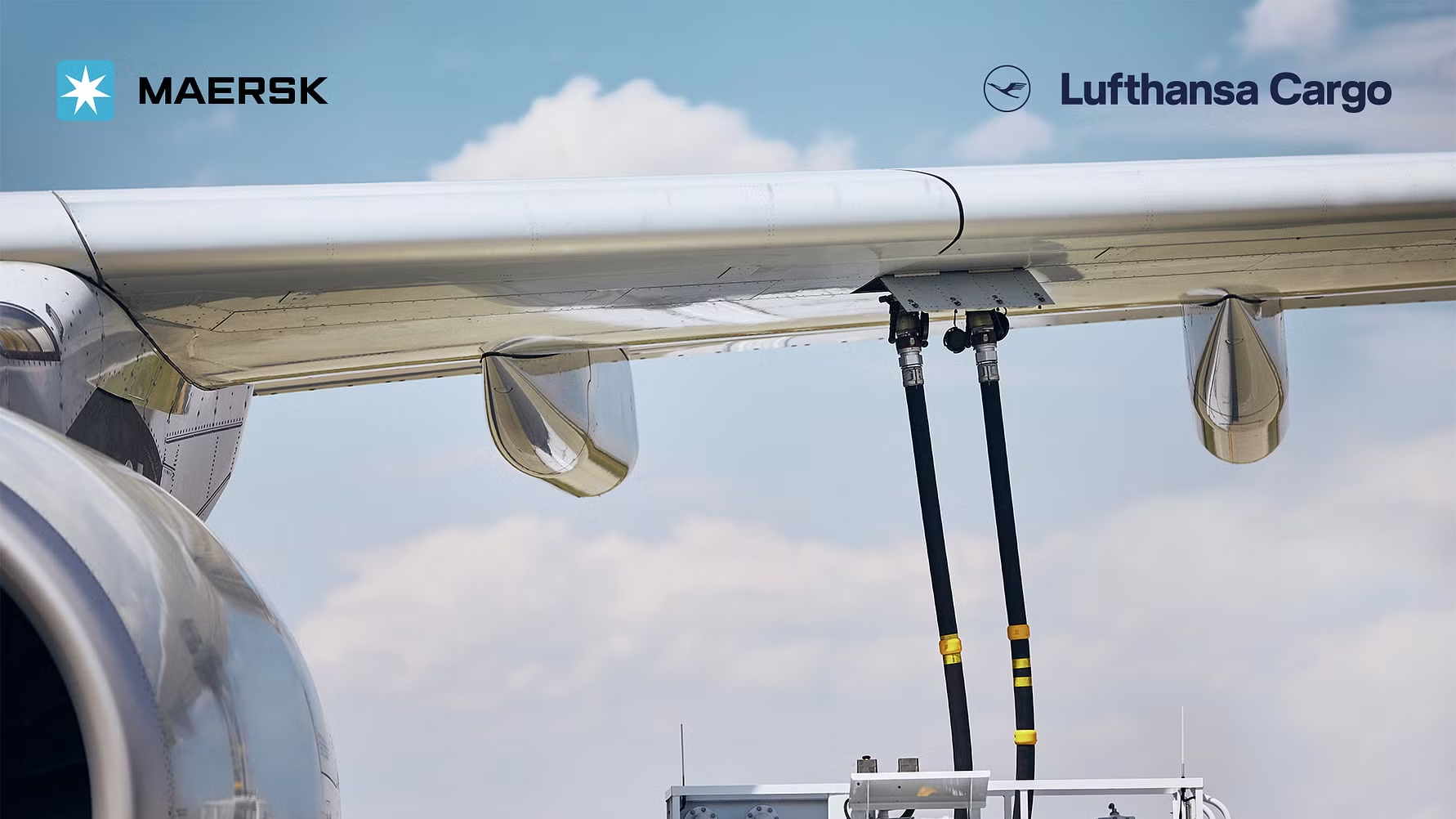
Lufthansa Cargo and A.P. Moller-Maersk (Maersk) have forged a strategic partnership aimed at decarbonizing airfreight through the implementation of Sustainable Aviation Fuel (SAF). Under this new agreement, Lufthansa Cargo plans to utilize 400 metric tonnes of SAF on behalf of Maersk for the remainder of 2024, coinciding with the year-end peak in cargo volumes. This initiative is expected to cut CO2 emissions significantly by at least 1,200 metric tonnes.
Morten Bo Christiansen, Head of Energy Transition at Maersk, emphasized the critical challenge of reducing greenhouse gas emissions in airfreight, stating, “This is why we are excited to partner with Lufthansa Cargo in this important task.” As one of the world’s leading logistics companies, Maersk has set an ambitious goal to achieve net zero greenhouse gas emissions by 2040 across all its transport modes and business areas, including warehousing and container terminals.
“The availability of SAF in the aviation industry is still limited. Our agreement with Lufthansa Cargo enables Maersk to contribute to an increase in the uptake,” Christiansen added.
Lufthansa Cargo CEO Ashwin Bhat noted that SAF is a vital element in achieving more sustainable aviation practices. “With Maersk, we are jointly making a valuable contribution with the new agreement,” he stated. Bhat also highlighted the need for a modern fleet and enhanced efficiency in flight operations to achieve sustainable change.
As part of its ECO Delivery Air product, Maersk plans to allocate the emissions reductions attained through this collaboration to one of its European airfreight customers. This falls in line with Maersk’s broader initiative, which includes ECO Delivery Ocean, Air, and Inland products designed to minimize greenhouse gas emissions compared to traditional fossil fuel sources. Notably, Maersk is the first company to have its net zero targets validated by the Science-Based Targets initiative (SBTi) within the maritime sector.
The SAF utilized by Lufthansa Cargo is derived from biogenic waste, including used cooking oil, using the Hydroprocessed Esters & Fatty Acids (HEFA) process. Since September 2021, Lufthansa Cargo has offered its customers the option to transport their freight more sustainably through the Sustainable Choice add-on service.
SAF has an estimated 80% lower CO2 footprint compared to conventional fossil kerosene throughout its lifecycle, making it a promising “drop-in” fuel that integrates seamlessly into existing flight operations. Despite its advantages, refuelling individual flights selectively with SAF is not feasible due to operational constraints.
In addition to SAF initiatives, Lufthansa Cargo and the Lufthansa Group are committed to ambitious climate protection goals, aiming to halve their net CO2 emissions by 2030 compared to 2019 levels and striving for a neutral CO2 balance by 2050. This partnership with Maersk marks a significant step in the aviation industry’s journey towards more sustainable operations.
อัพเดตข่าวสารและบทความที่น่าสนใจในอุตสาหกรรมโลจิสติกส์ก่อนใคร ผ่าน Line Official Account @Airfreight Logistics เพียงเพิ่มเราเป็นเพื่อน @Airfreight Logistics หรือคลิกที่นี่

